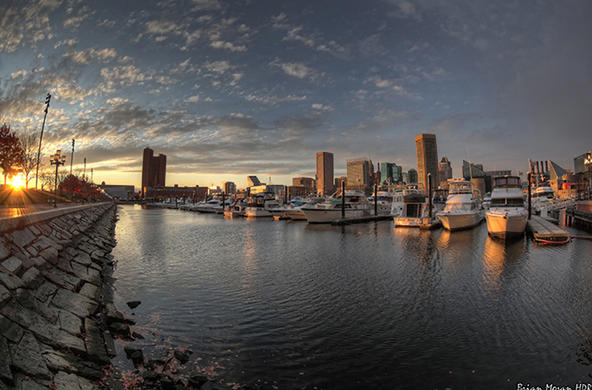- Profile
- Videos & Podcasts
- Publications
Dr. McPhearson's research examines cities as ecosystems to study social, ecological, and technical interactions to understand urban system dynamics. He utilizes both empirical (e.g. Big Data, field experiments) and theoretical approaches (social-ecological systems and resilience theory) with a focus on the role of urban green infrastructure for advancing equity, climate change resilience, and urban sustainability.
Current Research
Comparative urban ecology
Cities are unique, but many also have similar attributes, patterns, and ecological processes. By comparing research on the ecology in and of cities across the US, Europe, and South America, this research seeks to advance a generalized understanding of the similarities and differences among cities that drive major urban social and ecological patterns. By examining the social, ecological, and technical-infrastructural system (SETS) interactions using existing "big data" across a network of cities, researchers are advancing urban ecology as an urban systems science.
Urban ecosystem services
Ecosystems in cities provide a host of benefits to urban residents ranging from cooling hot cities (especially in summer) through evapotranspiration and shading, stormwater absorption, carbon storage, recreation, and providing habitat for urban adapted species. However, the relationship between biodiversity, ecosystem function, and such "ecosystem services" have not been well studied in urban areas. This research examines relationships between ecosystem function and services to better understand the spatial variation in public access to these services and how improving our ecological knowledge can advance urban planning and management of urban natural areas.
Ecosystem-based climate adaptation and urban resilience
Cities are hotspots for impacts of climate change. Ecosystems in cities and urban regions offer a suite of potential solutions for climate change adaptation, disaster risk reduction, and urban resilience building. Through cellular automata scenario modeling, machine learning, and "big data" researchers are examining how urban ecosystems can provide novel opportunities for reducing risk and vulnerability to heat and flooding for the most vulnerable urban residents. Additionally, by linking urban biodiversity data with functional traits this work is advancing new urban ecological resilience indicators for assessing current levels of ecosystem resilience.
Urban forest dynamics
Through multi-year ecological experiments in urban forests, this research examines the short- and long-term impacts of urban tree planting and management strategy on biodiversity, ecosystem structure, and functioning. Research includes examining soil nutrients, heavy metals, and carbon dynamics over time together with extensive vegetation monitoring to evaluate best management strategies for maximizing carbon uptake and storage, invasive species control, and forest canopy closure in complex urban biological systems.

